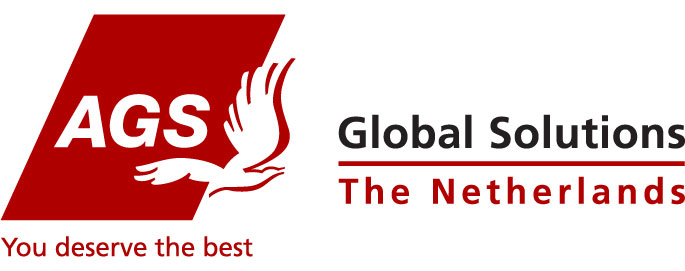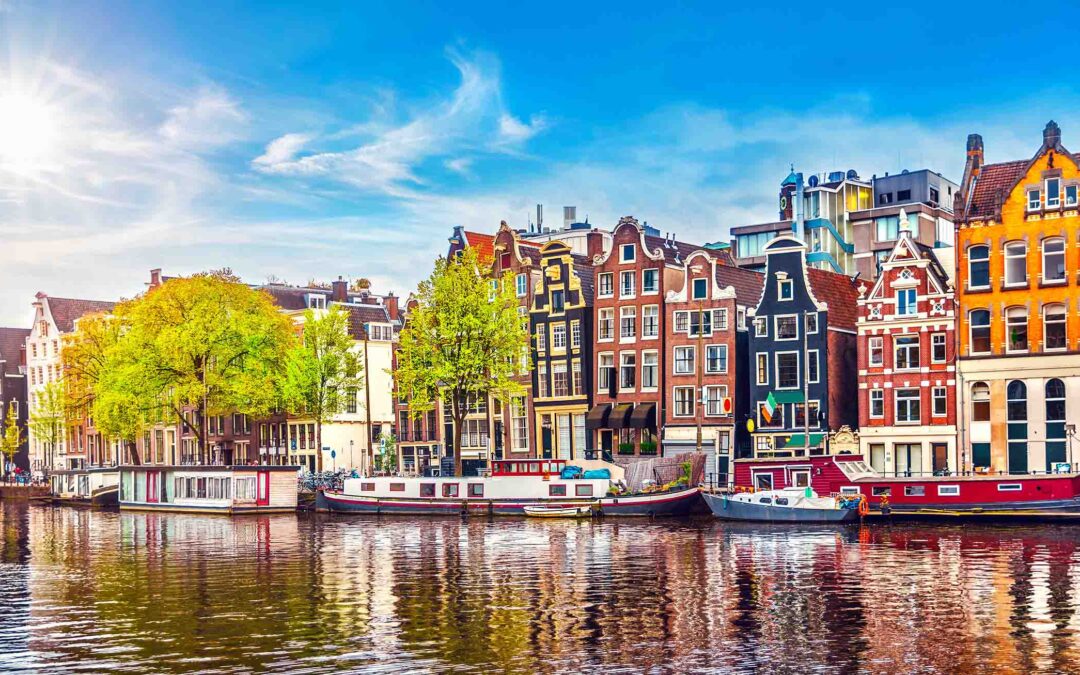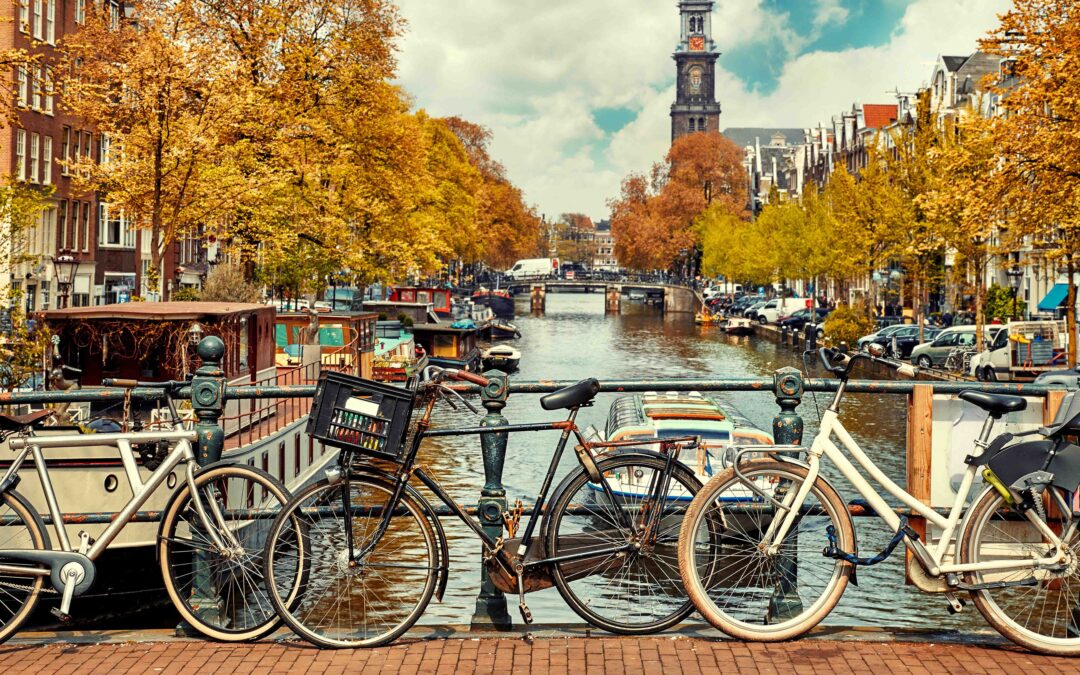Legal Requirements to Move to the UK After Brexit
You are allowed to visit the UK for up to six months without a visa as a Dutch citizen. But since Brexit, a permanent move may require a visa, depending on your circumstances.
The type of visa you’ll need depends on why you’re moving to the UK. For instance, if you’re moving for work, you’ll need a work visa. If you plan to study, a student visa would be required. There are also visas available for family members of UK residents.
The application process for a UK visa generally involves filling out an online application form, paying the visa fee, and attending an appointment at a visa application centre. In the Netherlands, the British Embassy in The Hague provides services to Dutch nationals who are planning to move to the UK.

Post-Brexit rules may affect your visa requirements, so it’s important to check the latest information on the official UK government website or consult with an immigration lawyer well before your move.
Once you arrive in the UK you will need to apply for a National Insurance Number, which is used for tax and social security purposes. Applications are done online, and you’ll need your Dutch passport or official Dutch identity card handy to prove your identity.
Cost of Living in the UK Compared to the Netherlands
Although sources vary, it generally costs between 2-12% more to live in the UK than in the Netherlands. This means that you might find everyday expenses like groceries, dining out, and transportation slightly more expensive.
Housing costs also tend to be higher in the UK. This is especially true in major cities like London and Edinburgh, where rental prices can be significantly higher than in Dutch cities like Amsterdam. Thankfully, city salaries are also generally higher to accommodate this trend.
The table below shows some examples of the difference in prices in The Netherlands vs The United Kingdom (in January 2024):
| The Netherlands | The United Kingdom | |
| Apartment (1 bedroom) in City Centre | €1339.22 | €1324.38 |
| Apartment (1 bedroom) Outside of Centre | €1058.06 | €1062.05 |
| Apartment (3 bedrooms) in City Centre | €2096.73 | €2139.56 |
| Apartment (3 bedrooms) Outside of Centre | €1629.13 | €1624.25 |
| Basic Utilities (Electricity, Heating, Cooling, Water, Garbage) for 85m² Apartment | €219.80 | €303.31 |
| Meal for 2 People, Mid-range Restaurant, Three-course | €70.00 | €70.37 |
| Milk (regular), (1 liter) | €1.08 | €1.45 |
| Chicken Fillets (1kg) | €14.08 | €7.68 |
| Monthly Transportation Pass (Regular Price) | €79.25 | €80.06 |
It’s essential to thoroughly research the cost of housing, transportation, food, healthcare, and education to get a more accurate understanding of what to expect.
Finding a Job in the UK
 If you’re moving to the UK for work, it’s advisable to start your job search before making the move as certain vacancies will require you to have a work visa to be eligible to apply.
If you’re moving to the UK for work, it’s advisable to start your job search before making the move as certain vacancies will require you to have a work visa to be eligible to apply.
The job market in the UK is competitive, but there are plenty of opportunities available for expats. Several job sectors in the UK are experiencing a shortage of skilled workers including care work, the health sector, veterinary services, engineering, as well as IT and technology.
Online job portals like Indeed, LinkedIn, and Totaljobs, as well as recruitment agencies, are a great place to begin your search. Networking events and career fairs are also common in major cities and can be an excellent way to meet potential employers.
Finding a Place to Live in the UK for Dutch Expats
The UK has a diverse range of residential areas suitable for expats. Some popular choices include London, Manchester, Bristol, and Edinburgh. Research different areas based on your preferences such as proximity to your workplace, access to public transportation, availability of amenities like schools and supermarkets, and community atmosphere. Many expats find it helpful to work with a local real estate agent who can guide them through the process.
Public transport in the UK includes buses, trains, taxis, ferries, and air travel.
Additionally, if you are looking to move with your family, some of the top international schools in the UK include Southbank International School, EIFA International School London, Halcyon London International School, and Hill House International School.
Healthcare in the UK
 The UK has a National Health Service (NHS), which provides free or low-cost healthcare to its residents. You may be eligible for NHS services depending on your visa status and length of stay. It’s important to register with a GP (general practitioner) upon arrival to receive necessary healthcare services. You may also choose to purchase private health insurance for additional coverage.
The UK has a National Health Service (NHS), which provides free or low-cost healthcare to its residents. You may be eligible for NHS services depending on your visa status and length of stay. It’s important to register with a GP (general practitioner) upon arrival to receive necessary healthcare services. You may also choose to purchase private health insurance for additional coverage.
Adapting to Britain As a Dutch Expat
While the Netherlands and the UK share many similarities, there can be some cultural differences. For example, British people are known for their politeness and may not always be as direct as the Dutch.
This difference in communication style can sometimes lead to misunderstandings. However, with some patience and understanding, most expats quickly adapt to the local culture.
Learning about British customs and social norms can help ease your transition. Don’t be afraid to ask questions and engage with locals to gain a better understanding of life in the UK.
Moving Your Household Goods to the UK From the Netherlands
 As a Dutch citizen you can typically import your belongings duty-free and tax-free when you take up residence in the UK, provided you complete a Transfer of Residence form (form TOR01). You must also complete this form if you are bringing your pets or importing your car.
As a Dutch citizen you can typically import your belongings duty-free and tax-free when you take up residence in the UK, provided you complete a Transfer of Residence form (form TOR01). You must also complete this form if you are bringing your pets or importing your car.
To qualify for relief from customs duties you need to have lived outside the UK for at least 12 months. You must also have owned the items you are importing for at least 6 months.
Once you have submitted your TOR to His Majesty’s Revenue and Customs (in advance of your move), you will receive a reference number to give your household goods mover. The number will allow them to clear your goods through customs on their arrival in the UK, for delivery to your new home.
If your goods arrive at customs before your TOR has been processed, you will be required to pay extra charges for storage and demurrage at port. As such, it is strongly recommended you submit your transfer of residence form in plenty of time. Processing times are usually around 4-6 weeks, but additional delays can occur if documents are missing, or the information supplied is incorrect.
Moving to the UK from the Netherlands can be an exciting adventure filled with new opportunities and experiences. With proper preparation and research, you can ensure a smooth transition and make the most out of your move.
Contact AGS Global Solutions Netherlands for your free moving quote !





